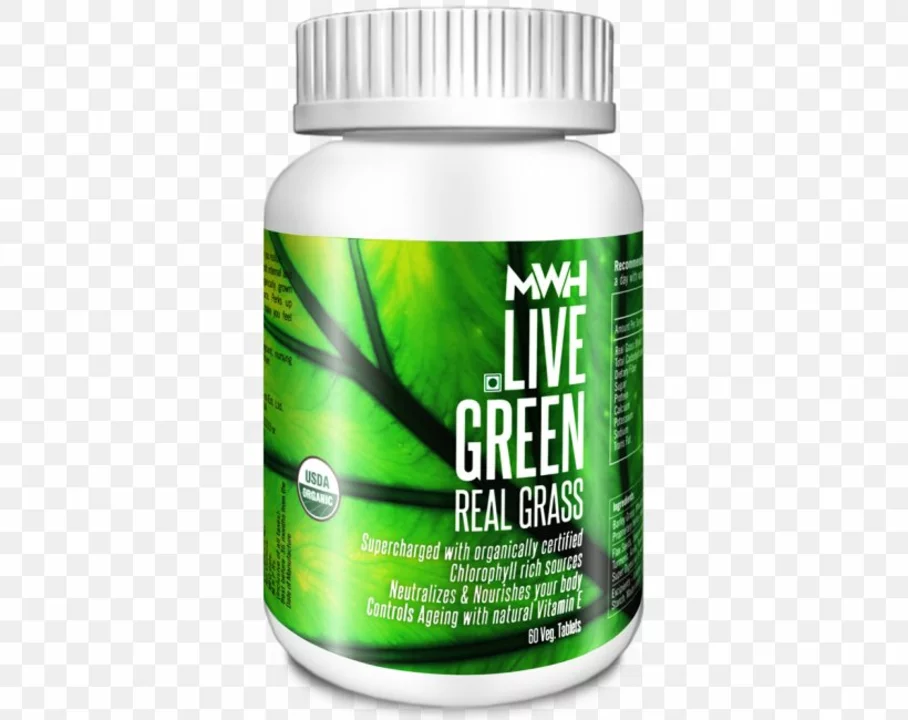Hyssop: Practical Uses, Simple Doses, and Safety Tips
Hyssop (Hyssopus officinalis) is a small, aromatic herb people have used for centuries. You might know it as a tea ingredient or an essential oil that smells fresh and slightly minty. If you’re curious about trying hyssop, this page gives clear, usable info: what it’s used for, easy home doses, safety warnings, and how to buy good-quality hyssop.
What people use hyssop for
Most people take hyssop as a tea or tincture. Common uses include soothing a scratchy throat, easing mild coughs, and supporting digestion after heavy meals. Some use hyssop oil in tiny amounts for a chest rub (diluted well), or inhale steam with a pinch of dried hyssop for blocked noses. If you want a gentle, short-term herbal option for those symptoms, hyssop is a go-to in folk practice.
Forms you’ll find easily: dried leaf for tea, capsules, liquid extracts (tinctures), and essential oil. Dried leaf is the simplest to start with; capsules and tinctures provide steady dosing; oil is potent and used mostly for aromatherapy or diluted topical use.
How to use hyssop safely
Tea dose: steep 1–2 teaspoons of dried hyssop in 1 cup (250 ml) of boiling water for 10 minutes. Drink up to three cups a day. For tinctures, follow the product label—typical drops range from 10–30 drops 2–3 times daily. Do not swallow essential oil neat. For topical use, mix 1 drop of hyssop essential oil into at least 10 ml (about 2 teaspoons) of carrier oil.
Safety first: hyssop contains active compounds that can be harmful in large amounts. Avoid hyssop if you are pregnant or breastfeeding. People with epilepsy or a seizure disorder should not use hyssop—there are reports it can trigger seizures. If you take blood thinners or other prescription meds, check with your doctor before trying hyssop. Stop use and seek help if you get a rash, stomach pain, dizziness, or any unusual reaction.
Buying tips: choose hyssop from reputable sellers. Look for organic or pesticide-free dried herb, a clear country of origin, and third-party testing if possible. For tinctures and capsules, check the ingredient list for fillers. If you buy essential oil, make sure it’s 100% pure Hyssopus officinalis oil and buy small bottles to avoid long storage times.
Storage: keep dried hyssop in a sealed jar in a cool, dark place for up to a year. Tinctures last several years; essential oils last 1–2 years if kept cool and sealed.
Want to try hyssop? Start gentle with one cup of tea a day, watch how you feel, and talk to your healthcare provider if you’re taking meds or have a health condition. At SecureTabsPharm, we list quality herbal products and tips to help you pick a trusted option online.

Discover the Hidden Secrets of Hyssop – The Ultimate Dietary Supplement for Wellness
I recently came across Hyssop, a lesser-known herb with incredible health benefits. This ultimate dietary supplement is packed with hidden secrets that can boost our overall wellness. Not only does it have antibacterial and antiviral properties, but Hyssop also aids in digestion and supports respiratory health. In addition, it has been used for centuries in traditional medicine for its healing properties. I can't wait to incorporate this powerful herb into my daily routine and share its benefits with you all!
© 2026. All rights reserved.
